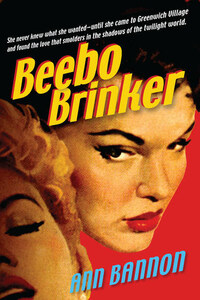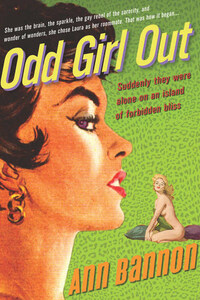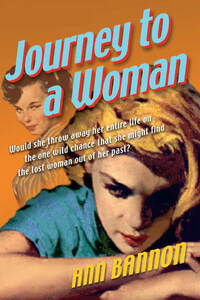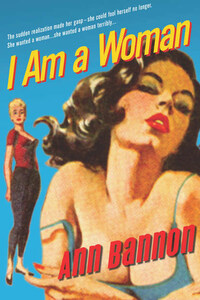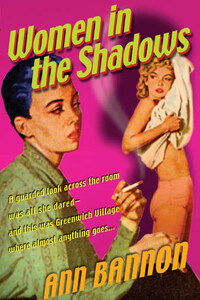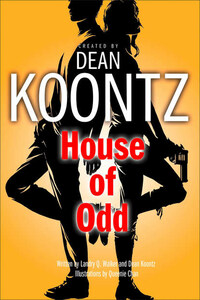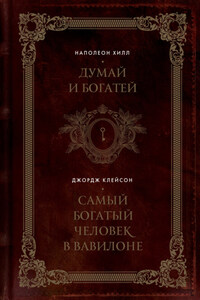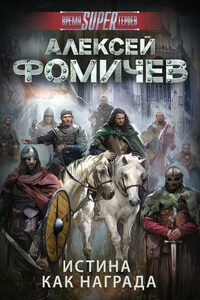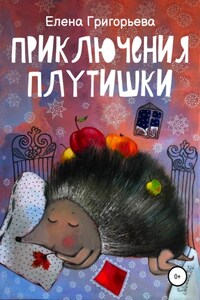Jack Mann had seen enough in his life to swear off surprise forever. He had seen the ports of the Pacific from the deck of a Navy hospital ship during World War II. He had helped patch the endless cut and bloodied bodies, torn every which way, some irreparably. He had seen the sensuous Melanesian girls, the bronzed bare-chested surfers on Hawaiian beaches, the sly stinking misery of the caves of Iwo Jima.
A medical corpsman gets an eyefulâand a nosefulâof human wretchedness during a war. When it was over, Jack left the service with a vow to lead a quiet uncomplicated life, and never to hurt anybody by so much as a pinprick. It shot the bottom out of his plans to enter medical school, but he let them go without undue regret. Heâd be well along in his thirties by the time he finished, and it didnât seem worth it any more.
So he completed the course he started before the war: engineering. And after he got his degree he took a job in the New York office of a big Chicago construction firm as head of drafting.
During those war years, when Jack was holding heaving sailors over the head and labeling countless blood samples, he had fallen in love. It was a lousy affair, unhappy and violent. But peculiarly good now and then. Good enough to sell him on Love for a long time.
He organized his life around it. He earned his money to pamper whatever passion came his way. That was the only real value his bank account held for him; that, and helping stray people out of trouble, the way others help stray cats.
But by the time Jack reached his thirties, there had been too many who took advantage of his generosity to swindle him; his confidence to cuckold him; his affection to torment him. He turned cynic. There was hope in him still, but he buttoned it down under his skepticism.
He wanted to stabilize his life, settle down with one person and live out a long rewarding love. But Jack Mann could only love other men: boys, to be exact. Volatile, charming, will-o-the-wisp boys, who looked him up Friday, loved him Saturday, and left him Sunday. They couldnât even spell âstabilize.â
His emotional differentness had given Jack a good eye for people, a knack for sizing them up fast. He usually knew what to expect from a boy after talking to him twenty or thirty minutes, and he had learned not to give in to the type who brought certain sufferingâthe type who couldnât spell.
But Jack had also learned that he couldnât live his life only for love. The less romantic he got about it, the clearer his view of life became. It didnât make him happy, this cynicism. But it protected him from too much hurt, and gave him a sort of sour wit and wisdom.
Jack Mann was thirty-three years old, short in height, tall in mentality. He was slight but tough: big-shouldered for his size and deep-chested. His far-sighted eyes watched the world through a pair of magnifying lenses, set in tortoise-shell frames.
They were seeing sharply these days, for Jack was between lovers: bored and restless, but also healthy, wealthy, and on the wagon. When the new love came alongâand it wouldâhe would stay up most nights, blow his bankroll, and hit the bottle. It was nuts, but it happened every time. It seemed to preserve his lost illusions for a while, till the new âloveâ vanished and joined the countless old ones in his memory.
Jack lived in Greenwich Village, near the bottom of Manhattan. It was filled with aspiring young artists. Filled, too, with ambitious businessmen with wives and families, who played hob with the local bohemia. A rash of raids was in progress on the homosexual bar hangouts at the moment, with cops rousting respectable beards-and-sandals off their favorite park benches; hustling old dykes, who were Village fixtures for eons, off the streets so they wouldnât offend the deodorized young middle-class wives.
Jack was pondering the problem one May evening as he came up the subway steps at 14th Street. At six oâclock the air was still violet-light. It was a good time for ambling through the winding streets he had come to know so well.
He tacked neatly in and out through the spring mixture of tourists and natives: young girls with new jobs and timid eyes; older girls with no jobs and knowing eyes; quiet sensitive boys having intimate beers together in small boites. Shops, clubs, shoe-box theaters. It always delighted him to see them, people and buildings both, blooming with the weather.
